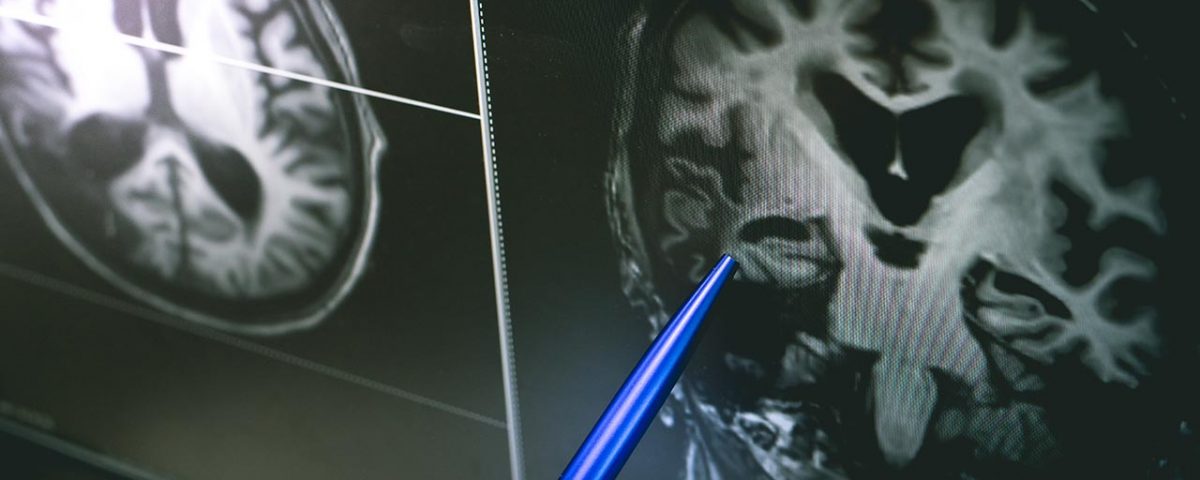Plenty of research has been conducted on the long-term effects of drugs on the brain.
Both prescription and illicit drugs, when abused, have the potential to change the chemical makeup of the brain and negatively impact cognitive function. While many people have heard of gray matter, white matter is just as important. White matter disease has been linked to conditions like dementia and Alzheimer’s in addition to poor cognitive function. While many can agree that drugs and the brain are a horrible combo, a pattern has been revealed specifically regarding how drug abuse affects white matter in the brain and the harm it can cause.
As a substance abuse treatment center in Pompano, we know how drugs affect the brain and other bodily functions. Long-term substance abuse leads to permanent health problems and disease.
What Does White Matter in the Brain Do?
The white matter in the brain contains nerve fibers called axons that are extensions of nerve cells and allow intercommunication between brain cells. Myelin is a white sheath or covering that protects axons and gives them their white color. Myelin improves the speed of messages sent from one nerve to the other along axons. White matter affects thinking, learning, talking, and even walking. White brain matter acts as a bridge between the frontal, temporal, parietal, and occipital lobes of the brain, allowing them to communicate with each other and perform how they’re meant to.
How Drugs Affect White Brain Matter
The most common effect of drugs on white brain matter is white matter disease, which is when white matter in brain tissue wears down or deteriorates. While this is often caused by aging, it can also be caused by drug abuse. A study conducted in 2014 on the effects of drugs like methamphetamine and methadone on the brain reported that lesions in white matter were more apparent in subjects with drug addictions. The decreased oxygen supply to the brain caused by drugs like meth can result in ischemia (lack of blood supply to a part of the body like the heart) and deep lesions in white brain matter.2 Another study on how drug abuse affects white matter in the brain reported that there was less frontal white matter in people with substance abuse disorders.3 Marijuana has also been found to decrease white matter efficiency and volume.
There is a long list of drug use effects on the brain. Abusing substances like heroin, cocaine, methamphetamine, and even marijuana can cause deterioration of white matter in brain tissue. When this white matter begins to die, communication between nerve cells becomes nonexistent, preventing the individual from functioning. Things like emotions, thoughts, learning, speech, memory, and overall behavior are all directly affected by any disruption in cell communication.
A person with a drug dependency may be more vulnerable to white matter disease and other forms of brain damage. Our addiction treatment programs at Banyan Pompano are open to anyone and everyone in need of substance abuse treatment.
White brain matter disease is only one of the many possible substance abuse effects on the brain. If you or someone you know is struggling with addiction, we’re here to help. Call Banyan Treatment Centers Pompano today at 888-280-4763 for more information about the different levels of care we offer.
Sources:
- NCBI – Major Structures and Functions of the Brain
- NCBI – Comparison of Brain White Matter Hyperintensities in Methamphetamine and Methadone Dependent Patients and Healthy Controls
- NIH – Decreased frontal white-matter volume in chronic substance abuse
- NCBI – Alcohol and Drug Use and the Developing Brain
Related Readings:









